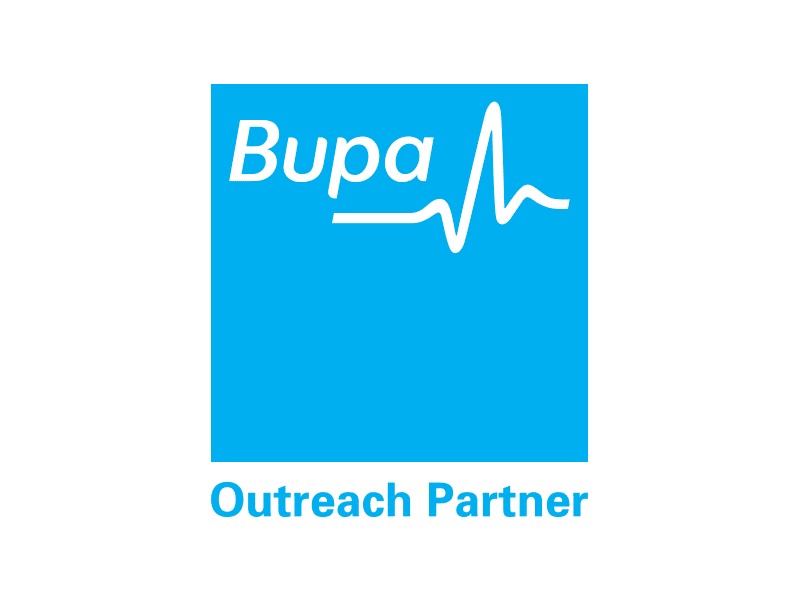SHORT FILMS
Staying On Track with Secondary Prophylaxis
Thankfully, most young people with Rheumatic Heart Disease (RHD) won’t need a mechanical heart valve replacement, which means they also won’t need to take Warfarin everyday.
For most young people with RHD, like Trenton from Tiwi Islands, the important thing is to stay on track with Secondary Prophylaxis (regular Penicillin injections).
Young people on a regular injection program who get their injections on time, every time will keep themselves safe from stroke, permanent disability, heart failure and premature death.
“The help’s there, from the health department, it’s just about us, us as a people, Tiwi people get regular check ups and it’s important that we’re trying to stay healthy in communities. I think it’s a struggle but the help’s there I think it works both ways so we got to come into clinics and get ourselves checked out.” Austin Wonaeamirri
Staying on track with Secondary Prophylaxis
“Trenton is an 8 year old young boy with severe rheumatic heart disease. Trenton had his first episode of acute rheumatic fever at 7 years of age. At first presentation he came in with sore joints and being really short of breath. He was started on some cardiac medications at the Royal Darwin Hospital where he was hospitalized.
Initially he had a really positive response to the treatment. We were really optimistic that he would be able to avoid the need for cardiac surgery. He returned to his home community, Bathurst Island. There very quickly he became more symptomatic. He was unable to lie flat. He was unable to walk around. He was short of breath just walking down on the street. He was withdrawing from his usual activities. We were left with no choice but for him to have urgent cardiac surgery during the episode of acute rheumatic fever in Melbourne.” Dr Bo Remenyi
“Before his operation he had an extremely dilated heart. His cardiac function was already impaired. It was clear that he needed urgent cardiac surgery and we couldn’t wait for a few more months to hope for the inflammation to settle. Because of the very severe inflammation the surgical repair was challenging.
His operation went smoothly with no complications. He was left with moderate mitral regurgitation. When he returned to Darwin it was important for him to continue his medications, his cardiac medications because his cardiac function was also compromised.” Dr Bo Remenyi
Dr Bo speaks to Trenton “Trenton I heard that you’ve been really good with your needles every month? Every four weeks so I’m really proud of you. I just checked up on your records and I see that you haven’t missed any. You’ve got every single one of them on time so very pleased with that.”
Trenton has returned to full activities. He’s able to play sports, he’s able to go hunting, he’s become very active. Completely symptom free.
“I think it’s an important thing to stay healthy. If you get a sore throat or a skin soreness it’s important to go to the clinic and get it treated, get it checked out for your own safety and good. Like I said it’s a big thing to stay healthy and get it checked out.” Austin Wonaeamirri
“If somebody has acute rheumatic fever they need to have to have an ultrasound of their heart to see if their heart valves are damaged of if they’re healthy. Then that person needs to go on penicillin injections every three to four weeks to prevent a further streptococcal infection which could then trigger another episode of acute rheumatic fever. Which could then cause heart valve damage or cause further heart valve damage. Even if the needle is given just a few days late there may be a recurrence of acute rheumatic fever might follow.” Dr Jessie Johnston
For those on a regular injection program:
To stay alive and well…
Get injections on time, every time.
Watch the Take Heart short film Strep: Group A Streptococcal Infection
Learn more about the Take Heart Project ‘About’
Sign Up to keep up to date with all the latest project information and short films as they release.
Tweet it out and be part of the solution ‘#takeheartmovie short film ‘staying on track with secondary prophylaxis #rhd (add link) One Day Late and You’re At Risk.’





















